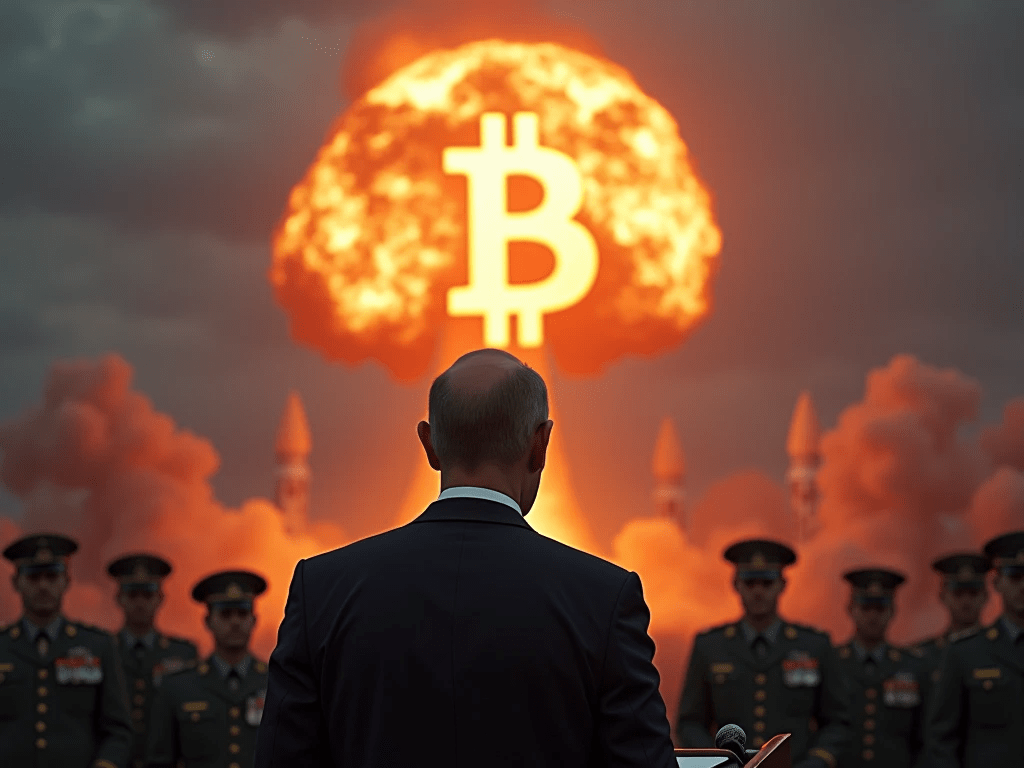A nuclear warning that resonates in decentralized markets
Russian President Vladimir Putin has raised the tone of the conflict with the West by warning that NATO's constant supply of weaponry to Ukraine is pushing the world towards a possible Third World War. The statement, made in the context of new decisions regarding the deployment of strategic weaponry, reignites tensions that directly impact the global economy and the crypto ecosystem.
Are we closer to the nuclear abyss than to the next Bitcoin halving?
Putin's warning is not new, but it occurs in a renewed context: the intensification of military supplies from the United States and Germany, the failure of diplomatic agreements in Switzerland, and the recent approval of Ukraine's formal entry into NATO as a 'transitional partner,' in the words of Secretary General Jens Stoltenberg.

International analyst Scott Ritter, former UN weapons inspector, noted:
"Putin is not exaggerating. Russia believes its existence as a nation is at stake and is willing to use its strategic arsenal if the West crosses certain red lines."
Domino effect: from nuclear bases to the cryptocurrency market
Unlike traditional markets, the crypto ecosystem has shown an inverse correlation to geopolitical crises. While U.S. Treasury bonds show signs of fatigue and gold regains its shine, Bitcoin (BTC) and Ethereum (ETH) gain traction as 'digital safe havens.'
Caitlin Long, CEO of Custodia Bank, assures:
"Nuclear threats generate an increase in demand for sovereign assets, and BTC is the most decentralized of them all."
For his part, Arthur Hayes, co-founder of BitMEX, has warned that:
"A direct military conflict between powers would accelerate the breakdown of the fiat system, and the crypto system would be on the front lines of mass adoption."
What signals should you observe now in the crypto space?
The implied volatility index in BTC options has increased by 17% since the last nuclear threat.
USDT and USDC stablecoins have recorded a significant increase in transactional volume in Baltic and Eastern European countries.
New volume peaks in DEXs like Uniswap, where capital migration from institutions towards crypto assets is observed.
Can a global conflict reconfigure financial hegemony towards the decentralized?
Geopolitical risk is no longer just a national defense issue: it is also an accelerator of financial decentralization. While the specter of open war is grim, digital assets could consolidate as a parallel avenue to the SWIFT system and as an alternative store of value.

